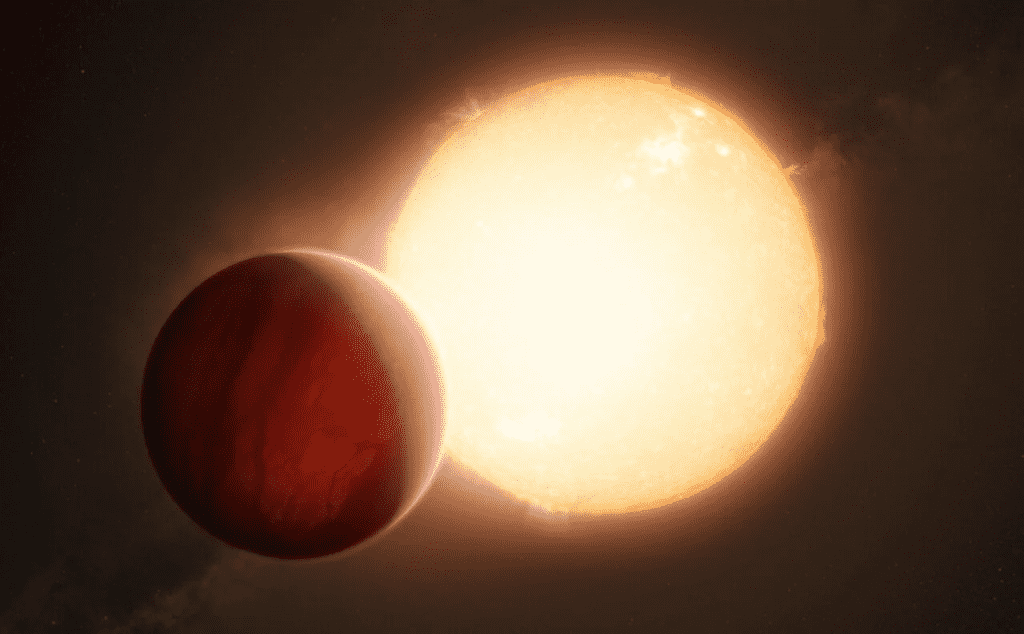In yet another episode of space exploration, astronomers have come up with an astonishing yet unexpected discovery in the atmospheres of two exoplanets. A team of astronomers came across the heaviest element, i.e., barium, in the atmosphere of these two planets, known as WASP-76b and WASP-121b. Not to mention, these two exoplanets correspond to the size of Jupiter in the solar system and are also called “Hot Jupiter” or “ultra-hot” due to the presence of extremely hot temperatures in their atmospheres. It should be noted that astronomers encountered this heaviest element that has been found till now in the exoplanet’s atmosphere by means of their “European Southern Observatory’s Very Large Telescope”.

At first, they were not so sure of this unexpected discovery as they came across barium randomly. In order to justify its presence, they re-checked the results again and hence confirmed the occurrence of barium there. According to the press release, the astronomers conducted extensive research into this domain and the results have also been published in the journal “Astronomy and Astrophysics”. You would be amazed to know that the temperatures on both these exoplanets usually rise up to 4,000 degrees Fahrenheit and due to this extremely hot temperature, it rains liquid iron on 76b. Moreover, this extreme temperature also leads to the formation of metallic clouds on 121b.

Coupled with this, for the confirmation of barium, the team of astronomers deployed the use of Echelle Spectrograph for Rocky Exoplanets and Stable Spectroscopic Observations, or ESPRESSO. This is also called a “planet hunter” instrument and hence, it helped the team in exploring and confirming details about this heaviest element. It was extremely hard to believe for astronomers at that time because barium is even 2.5 times heavier than iron and that’s why the presence of “barium” seemed surprising to the scientists.

To that end, the co-author of this research paper, Olivier Demangeon, who is a researcher from the University of Porto and the Institute of Astrophysics and Space Sciences, said in the press release, “Given the high gravity of the planets, we would expect heavy elements like barium to quickly fall into the lower layers of the atmosphere. At the moment, we are not sure what the mechanisms are.”


